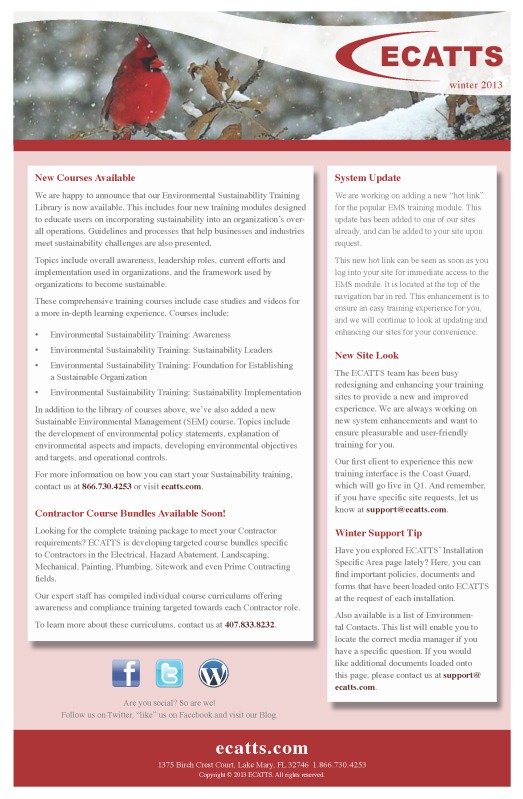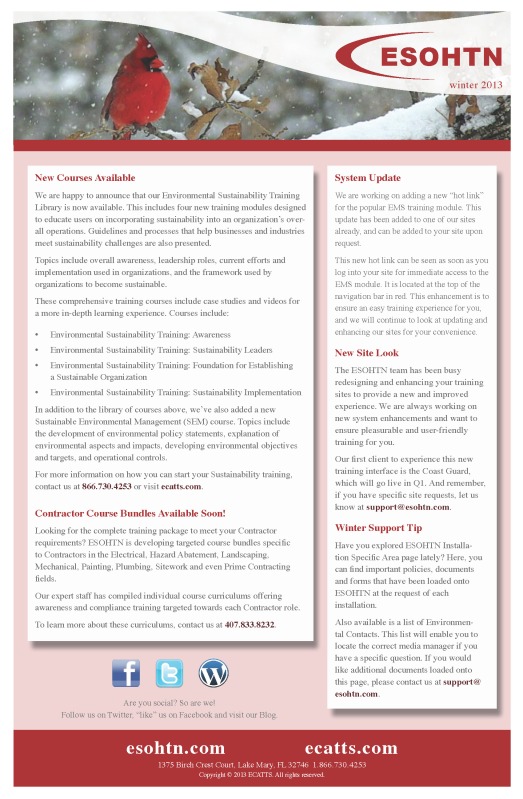From NBC news:
“Barges stuck as oil spill jams Mississippi River
Melanie Thortis / Vicksburg Evening Post via AP
Barges wait for traffic to re-open along the Mississippi River near Vicksburg, Miss. on Monday.
By Holbrook Mohr and Janet McConnaughey, The Associated PressVICKSBURG, Miss. — With more than 50 vessels idled on the water for a fourth day Wednesday, authorities said they still did not know when they would be able to reopen a 16-mile stretch of the Mississippi River that was closed due to an oil spill.
A plan to pump oil from a leaking barge onto another barge — a process known as lightering — had been approved, but it was unclear how long that would take, Coast Guard Petty Officer 3rd Class Jonathan Lally said Tuesday. He said the other barge was en route.
Severe weather that was expected to sweep through the area could shut down cleanup operations for a time, prolonging the process further, authorities said.
Crews have been working around the clock to contain and remove oil since the barge, owned by Corpus Christi, Texas-based Third Coast Towing LLC, struck a railroad bridge and began leaking early Sunday. The company has refused to comment on the incident.
Lally also noted that about 7,000 gallons of crude oil were unaccounted for aboard the barge. He said it was not clear whether all of it spilled into the river or some seeped into empty spaces inside the barge.”
For the full article, visit http://usnews.nbcnews.com/_news/2013/01/30/16768492-barges-stuck-as-oil-spill-jams-mississippi-river?lite
Are you up to date on your SPCC training?
Did you know that ECATTS offers an overview of Spill Prevention Control and Countermeasures (SPCC)? Topics you will learn include the SPCC program, goals of SPCC training, spill prevention and planning requirements, spill prevention, basic spill response expectations, and more.
Be prepared. Educate yourself on how to prevent spill incidents. Visit our online training catalogue to learn more about our courses, or go to ecatts.com.
WSNJS676A2HB


